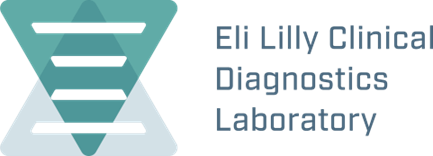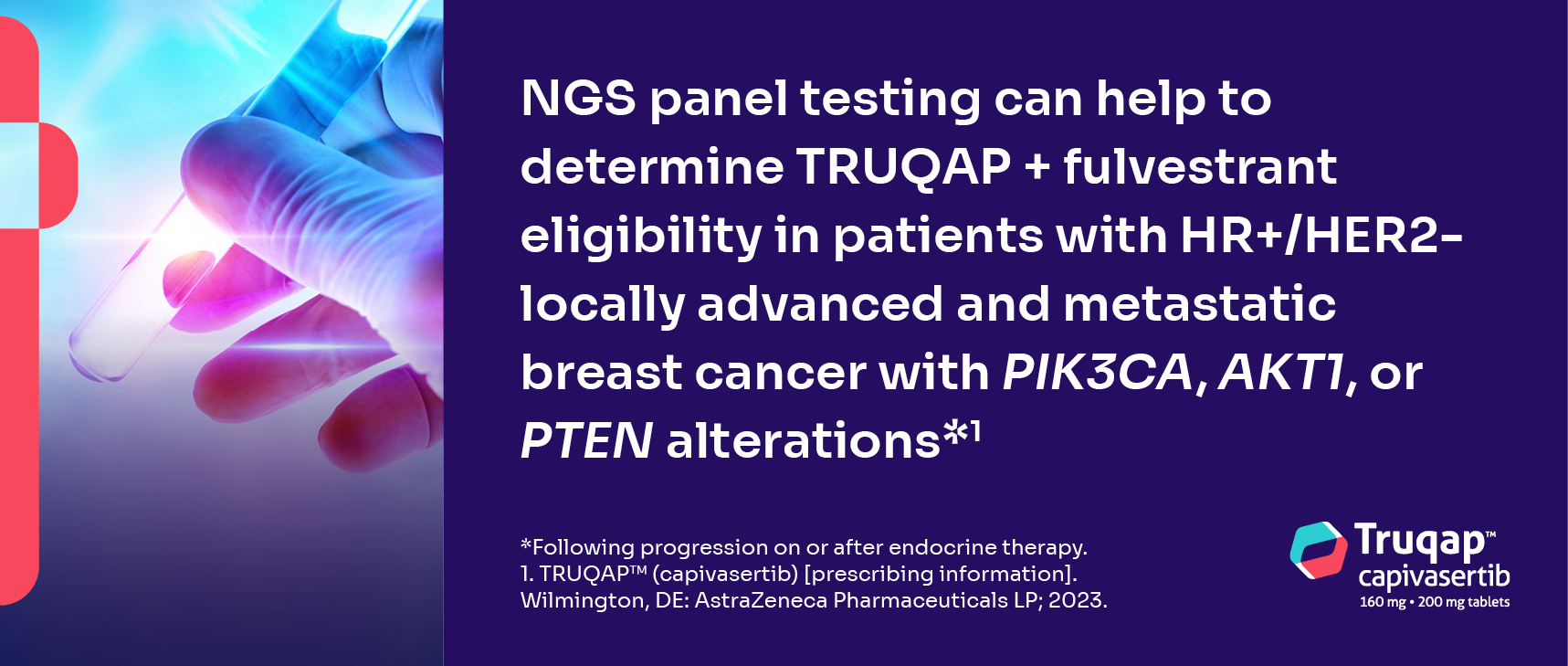Upcoming Events

Friday, October 18, 2024
7:00–9:30 PM
Madame Tussauds Wax Museum
3377 S. Las Vegas Blvd. Ste. 200 Las Vegas, NV 89109
Ticket Price: $175
Walk the red carpet alongside pop culture’s biggest celebrities at Madame Tussaud’s Wax Museum! The CAP Foundation will combine the glamour of Tinsel Town with the fun of the Neon City in a unique event to celebrate and support our many programs that positively impact pathologists and patients.
Ticketholders will have open access to the full museum, multiple food options, curated cocktails, a DJ, and even some special “famous” guests! Purchase your tickets and support your CAP Foundation before this star-studded event sells out.
This event will take place as part of CAP24, the CAP’s annual meeting.

Plasma-based Biomarker Tests for Alzheimer’s Evaluation
Eli Lilly Clinical Diagnostics Laboratory (ELCDL) makes cutting-edge diagnostics for empowered clinical decisions. Join us for a webinar about biomarker diagnostics for symptomatic patients being evaluated for Alzheimer’s disease (AD).
Tuesday, October 8, 2024
11:00am – Noon (central)
Webinar
The diagnostic paradigm for AD has rapidly shifted in the last five years with the emergence of fluid-based biomarker testing to detect AD pathology.
You’re invited to join two of ELCDL’s expert pathologists to explore new blood-based assays used in the evaluation of patients presenting with cognitive decline.
You’ll learn about:
- Recent developments in framing AD pathology
- The link between plasma-based biomarkers and AD pathology
- Considerations for assessing AD biomarker assay performance and utility
- Currently available plasma assays for assessing AD pathology
Presenters
Rose Beck, MD, PhD
Medical Director, ELCDL
Michael Hodsdon, MD, PhD
Director of Clinical Chemistry, ELCDL
Timely and accurate AD diagnosis is more important than ever.
The information presented represents the opinion of the presenters and is not necessarily the view of the CAP Foundation. CAP Foundation does not endorse any products or services mentioned during this webinar. The webinar is possible through a sponsorship from Eli Lilly Clinical Diagnostics Laboratory (ELCDL). This activity is not available for CME.

Eli Lilly Clinical Diagnostics Laboratory, LLC. (ELCDL) is a wholly owned subsidiary of Eli Lilly and Co.
9/2024 © 2024 Lilly USA, LLC. All Rights Reserved
Past Events

The clinical utility of NGS panel testing: Identifying PIK3CA, AKT1, and/or PTEN-altered HR+/HER2- advanced breast cancer that may be eligible for treatment with TRUQAP™ (capivasertib) + fulvestrant following progression on or after ET ± CDK4/6i*1
Tuesday, May 21, 2024
11:00 AM–Noon (CT)
Webinar
Learning Objectives
Attending this session will enable learners to:
- Understand the importance of the PI3K/AKT/PTEN pathway in HR+/HER2- locally advanced and metastatic breast cancer following progression on or after endocrine therapy ± CDK4/6i
- Identify the actionable biomarkers in the PI3K/AKT/PTEN pathway by next-generation sequencing (NGS) testing
- Recognize the clinical advancements in HR+/HER2- locally advanced and metastatic breast cancer, including TRUQAP + fulvestrant and the CAPItello-291 study (overview, results, and adverse reactions)
- Understand the role of the pathologists in molecular biomarker testing
Description
Hyperactivation of the PI3K/AKT/PTEN pathway is a key driver behind resistance to endocrine therapy in HR+/HER2- breast cancers.1 Activating mutations in PIK3CA and AKT1, and loss-of-function of PTEN occur in up to 50% of HR+ breast cancer cases.2 NGS panel testing provides comprehensive information on PIK3CA, AKT1, and PTEN alterations status and may indicate eligibility for treatment with TRUQAP, combined with fulvestrant in locally advanced or metastatic breast cancer (aBC/mBC) with one or more PIK3CA, AKT1, and/or PTEN alteration following progression on or after endocrine-based regimen.3
TRUQAP is an oral, pan-AKT kinase inhibitor, that in pre-clinical models targets AKT and blocks amplified signaling driven by PIK3CA, AKT1, and/or PTEN gene alterations, inhibiting tumor growth.3,4 NGS panel testing is rapidly becoming an important tool to help pathologists and other healthcare providers to make well-informed breast cancer management decisions.
This comprehensive short course aims to support pathologists in understanding the importance of the PI3K/AKT/PTEN pathway in HR+/HER2- aBC and identifying all the actionable biomarkers in this pathway via NGS panel testing.
This presentation provides an introduction to TRUQAP and a deep dive into NGS panel testing, highlighting the importance of biomarker testing and providing an overview of guideline recommendations, helping you to take a proactive approach in advocating for NGS panel testing for all patients with aBC.
The information presented represents the opinion of the presenters and is not necessarily the view of CAP Foundation. CAP Foundation does not endorse the products or services. The webinar is possible through a sponsorship from AstraZeneca. This activity is not available for CME.
Presenters
Fresia Pareja, MD, PhD
Pathologist, specializing in Breast Pathology,
Memorial Sloan Kettering Cancer Center
Erika P. Hamilton, MD
Director, Breast Cancer Research Program and Gynecologic Cancer Research Program,
Sarah Cannon Research Institute
Presenters were compensated for their time.
IMPORTANT PRODUCT INFORMATION
Select Safety Information About TRUQAP™ (capivasertib) tablets
TRUQAP is contraindicated in patients with severe hypersensitivity to TRUQAP or any of its components.
Serious adverse reactions can include hyperglycemia, diarrhea, and cutaneous adverse reactions. May cause fetal harm when administered to pregnant women. Among the 355 patients who received TRUQAP in CAPItello-291, the most common (≥ 20%) adverse reactions, including laboratory abnormalities, were diarrhea (72%), cutaneous adverse reactions (58%), increased random glucose (57%), decreased lymphocytes (47%), decreased hemoglobin (45%), nausea and fatigue (35% each), increased fasting glucose (37%), decreased leukocytes (32%), increased triglycerides (27%), decreased neutrophils (23%), increased creatinine (22%), vomiting (21%), and stomatitis (20%).
Indication and Usage
TRUQAP in combination with fulvestrant is indicated for the treatment of adult patients with hormone receptor (HR)‑positive, human epidermal growth factor receptor 2 (HER2)‑negative locally advanced or metastatic breast cancer with one or more PIK3CA/AKT1/PTEN alteration as detected by an FDA-approved test following progression on at least one endocrine-based regimen in the metastatic setting or recurrence on or within 12 months of completing adjuvant therapy.
Please see full Prescribing Information, including Patient Information for TRUQAP.
This information is intended for US Healthcare Professionals only
*Following disease progression on or after endocrine therapy. Advanced breast cancer is defined as locally aBC and mBC
aBC, locally advanced breast cancer; AKT, serine/threonine protein kinase; AKT1, serine/threonine protein kinase 1; CDK4/6i, cyclin‐dependent kinase 4/6 inhibitor; HER2, human epidermal growth factor receptor 2; HR, hormone receptor; mBC, metastatic breast cancer; NGS, next-generation sequencing; PI3K, phosphoinositide 3-kinase; PIK3CA, phosphatidylinositol-4,5-bisphosphate 3-kinase catalytic subunit alpha; PTEN, phosphatase and tensin homolog.
References
- Li H, et al. Cancers (Basel). 2021;13(14):3517.
- Martorana F, et al. Front Pharmacol. 2021;12:662232.
- TRUQAP™ (capivasertib) [prescribing information]. Wilmington, DE: AstraZeneca Pharmaceuticals LP; 2023.
- Ribas R, et al. Mol Cancer Ther. 2015;14(9):2035-2048.
TRUQAP is a trademark of the AstraZeneca group of companies.
US-84203 Last Updated 4/24